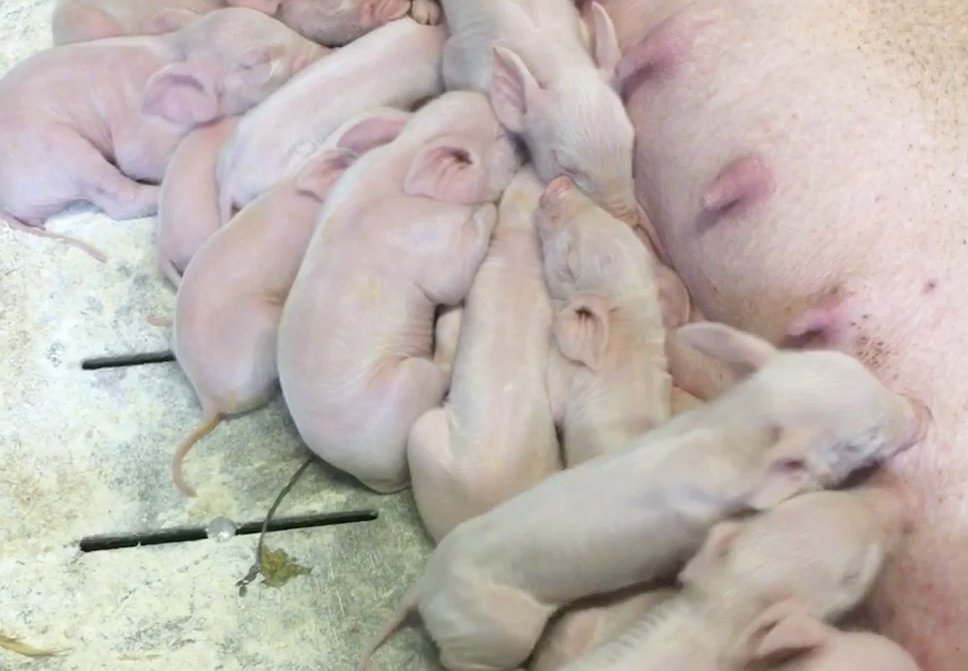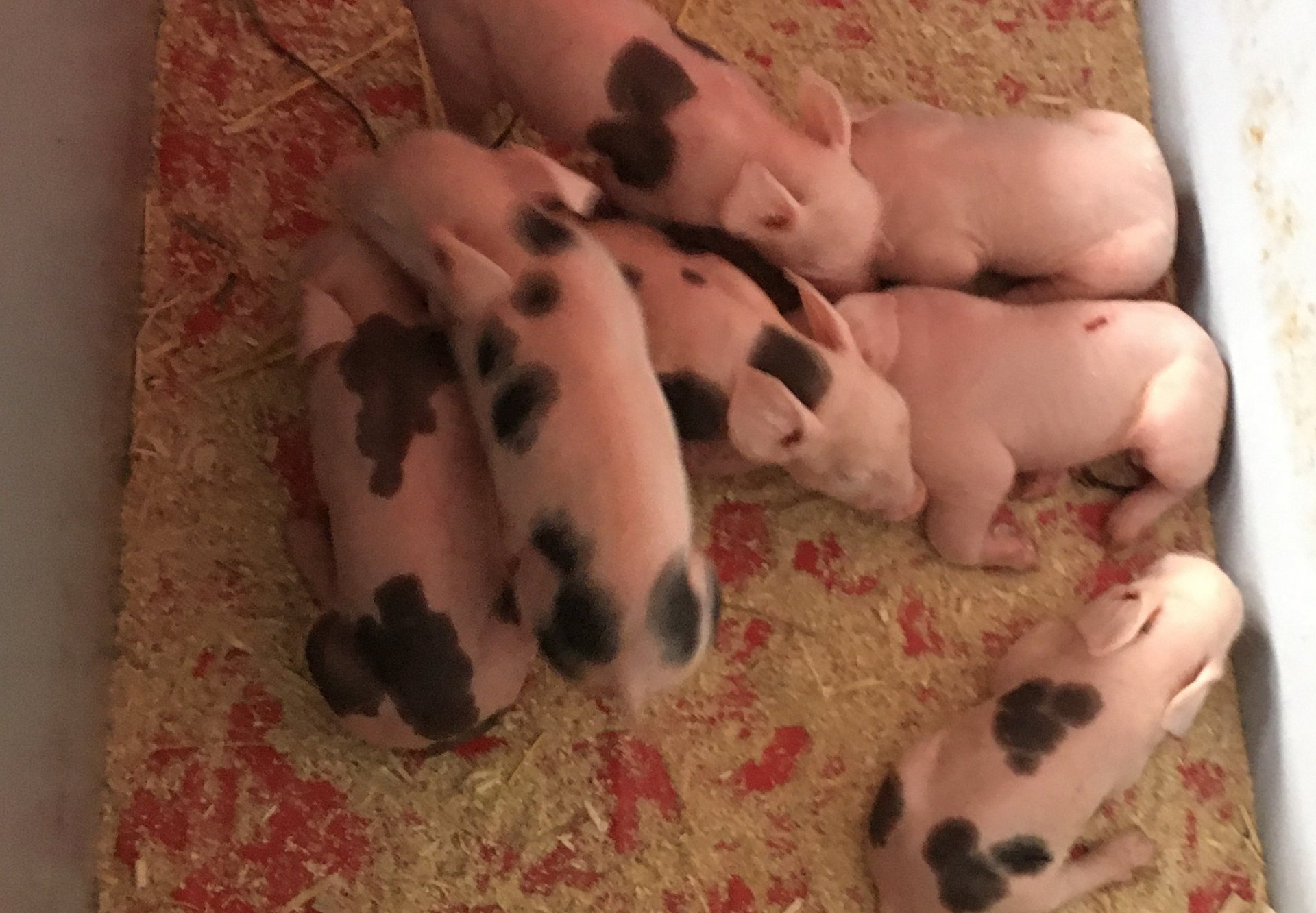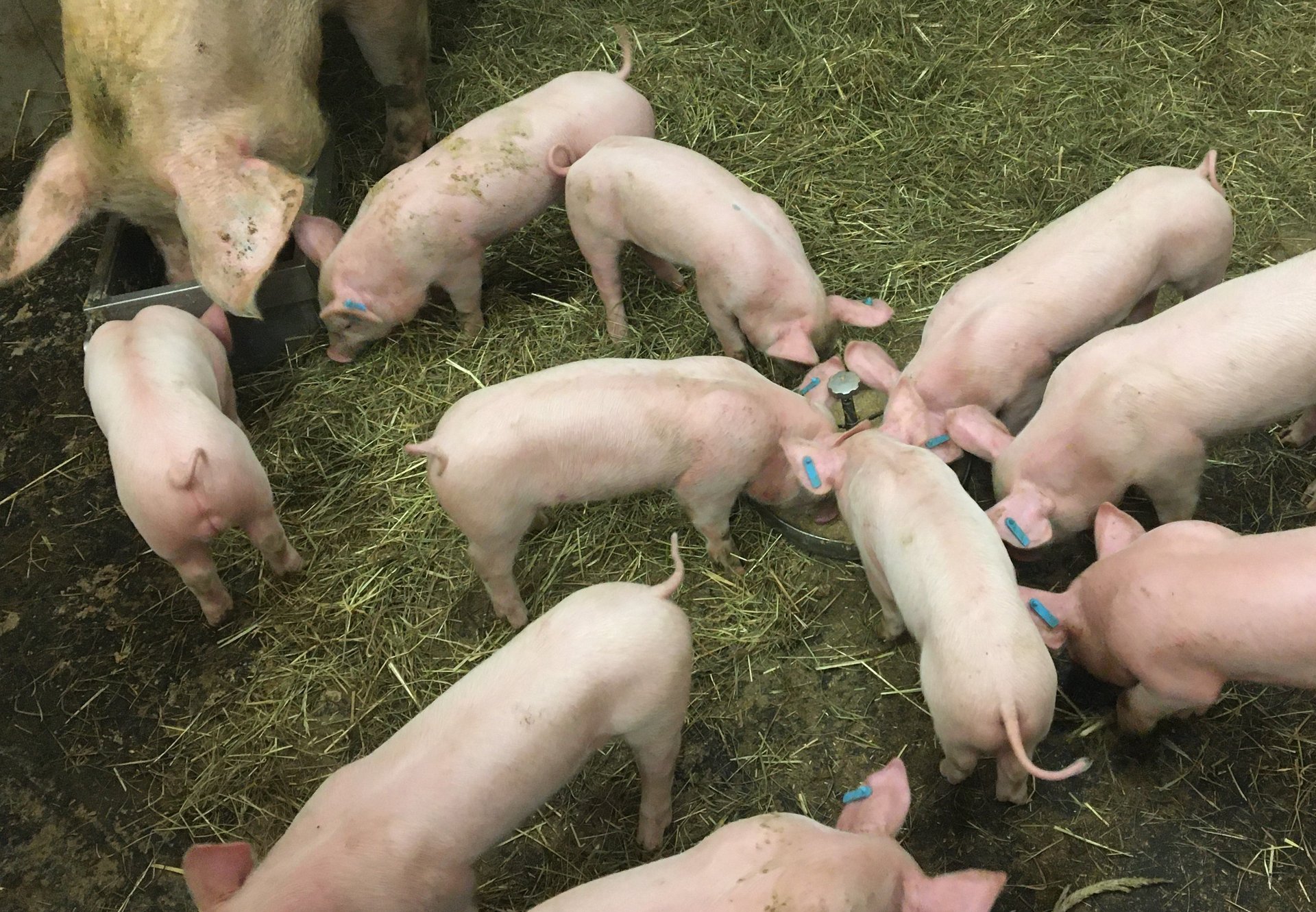“PIG-MI-MUC” – Understanding and modulating the bidirectional crosstalk between gut microbiome and gut mucosal functionality in pigs at weaning and post-weaning
When piglets are weaned, one of the biggest dietary changes is the complete lack of sow milk, which has drastic consequences for the gut microbiome composition.
The aim in the project are “PIG-MI-MUC” is to thoroughly characterize alterations in the small and large intestinal microbiome from milk-oriented to a plant-oriented microbiome in composition, metagenomes and metabolites during weaning.
In addition, also the gut mucosal response with regard to barrier function and receptor-mediated recognition in the small and large intestine is investigated during the weaning transition to a plant-oriented microbiome. Further aim of this project area is to discover microbial and host analyte profiles in intestinal digesta, feces, urine and blood with key roles in the porcine gut mucosal networking that predict the gut homeostatic condition in weaned pigs.
In this project area feeding concepts that boost the establishment of a robust gut microbiome during the suckling phase and smoothen the transition from the milk-oriented to the plant-oriented gut microbiome and host mucosa after weaning will be investigated as well.
Publications
"Exposure to plant-oriented microbiome altered jejunal and colonic innate immune response and barrier function more strongly in suckling than in weaned piglets" byFrederike Lerch > Link to the publication in the Journal of Animal Science
"The Role of Dietary and Microbial Fatty Acids in the Control of Inflammation in Neonatal Piglets" by Prof.Dr. Barbara Metzler-Zebeli > Link to the publication in the Journal Animals


